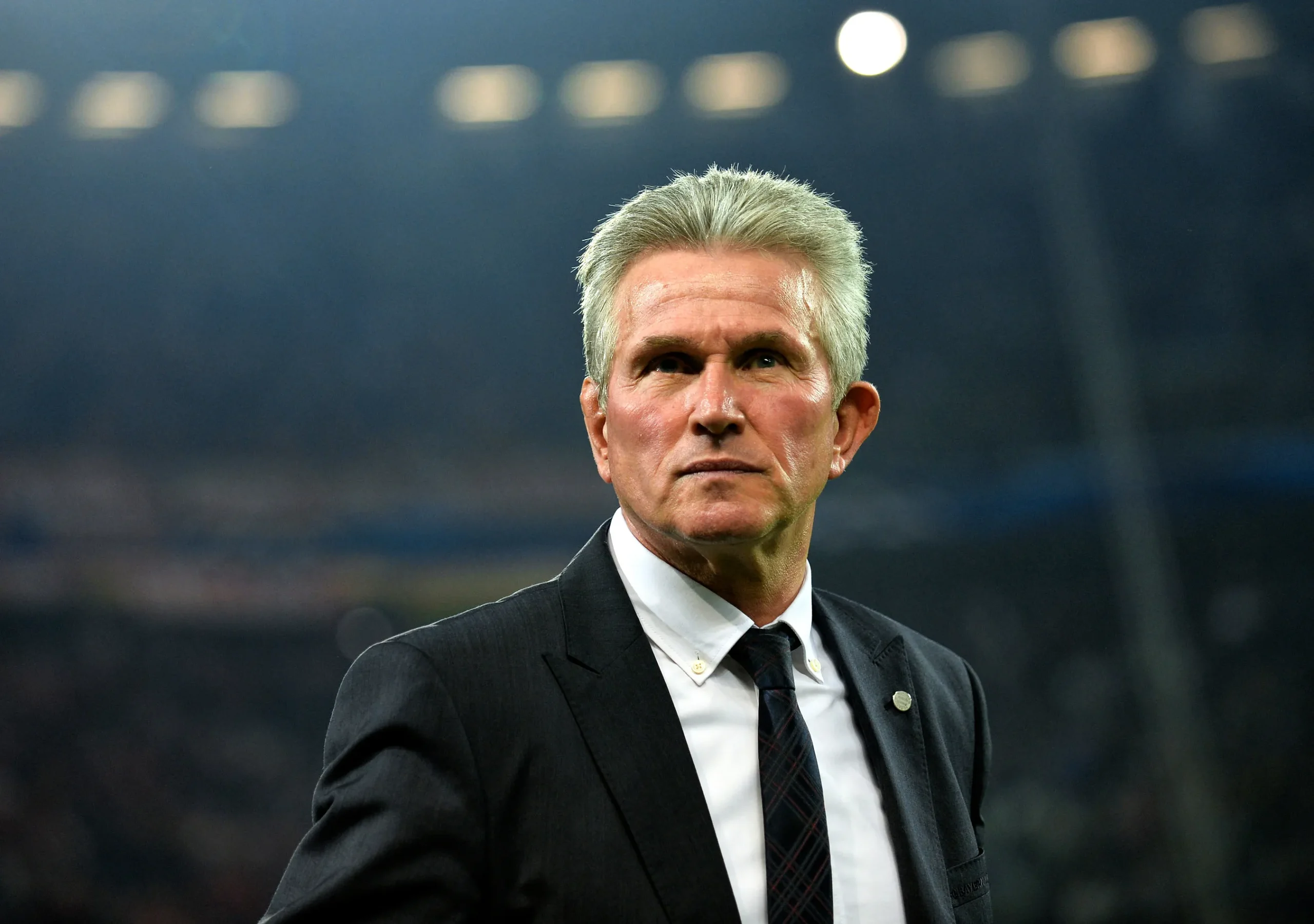After retiring from professional football, Jupp Heynckes embarked on an inspiring coaching journey that would eventually position him among the most revered managers in European football history. His transition from a revered player to a successful manager was marked by perseverance, continuous learning, and an unwavering commitment to the sport.
Early Coaching Jupp Heynckes
Heynckes began his managerial career in the late 1970s with lower-tier German clubs, gradually working his way up through various coaching roles. His initial stints were characterized by a pragmatic approach, focusing on discipline and tactical structure. Despite modest results initially, Heynckes learned crucial lessons about leadership, team management, and the importance of player motivation 100vip.
During this early phase, Heynckes’ coaching philosophy was heavily influenced by the tactical innovations prominent in European football—primarily the emphasis on organized defense and fluid attack strategies. His teams often reflected a balance of resilience and attacking intent, laying a solid foundation for his future successes.
Breakthrough and European Success
His breakthrough came when he managed Borussia Mönchengladbach and later, Bayern Munich, where he gained substantial recognition. At Borussia Mönchengladbach, Heynckes implemented a disciplined yet flexible playing style, leading the club to multiple Bundesliga titles and making a deep run in European competitions. This period marked his emergence as a serious coaching talent.
When Heynckes returned to Bayern Munich as a manager, he displayed tactical versatility and an innovative mindset. His ability to adapt to the evolving nature of football—balancing offensive flair with defensive solidity—allowed his teams to compete at the highest levels. Under his guidance, Bayern clinched several Bundesliga titles and European honors.
The Philosophy of Jupp Heynckes as a Coach
Heynckes’ managerial approach is rooted in tactical discipline, meticulous preparation, and a deep understanding of player psychology. He believes in creating cohesive units where every player understands their role within the team. His teams are often characterized by high pressing, quick ball movement, and an emphasis on collective effort.
In addition to tactical acumen, Heynckes fosters a positive team environment. He emphasizes respect, professional development, and personal motivation, ensuring players feel valued and motivated. His ability to communicate effectively and inspire has been instrumental in transforming underperforming teams into champions.
The evolution of his coaching philosophy is evident in his adaptability. Over the decades, Heynckes has incorporated modern football tactics, including pressing strategies and positional fluidity, Jupp Heynckes without sacrificing core principles of discipline and teamwork. This ability to evolve has contributed significantly to his sustained success and longevity in the game.
